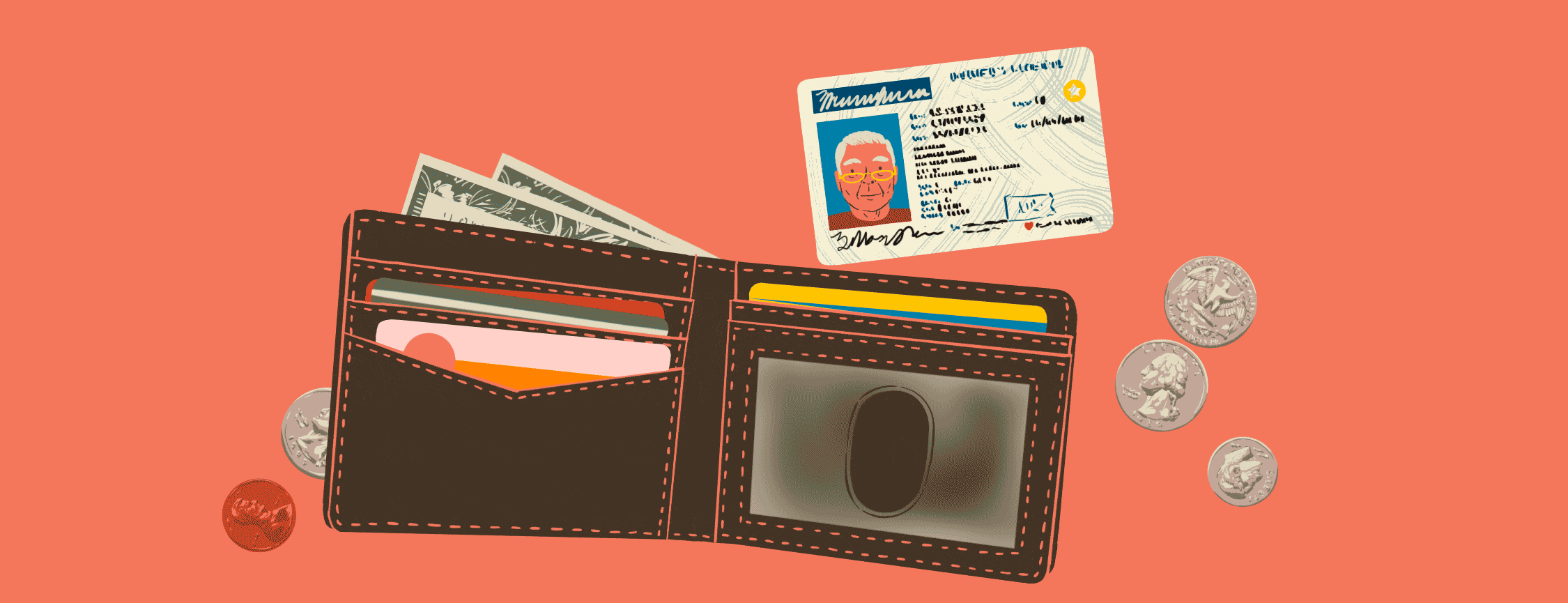The Dreaded Moment: Revoking a Driver's License
One day, Poppop ran away. Never have I ever thought that I would say that about my Poppop, but he did. My grandmother sounded the alarm among the family members asking for help. He, after all, had taken their only car, not to mention that he was years into his battle with Alzheimer’s.
Driving is a form of freedom
To that point, Poppop had been allowed to drive with my Grandmom. It became clear pretty quickly after the runaway incident that he should not be in possession of a license. But, as anyone who has had to consider this aspect of the disease will tell you, it’s an incredibly hard step.
Driving is a form of freedom, it’s why your 16-year-old self loves it so much. The freedom of the road and to get wherever you’d like whenever you’d like. As you grow into adulthood it can become something we don’t even think about, that is until your truck is in the shop or some other, somewhat minor inconvenience, interrupts your ability to get from place to place. It can feel stifling at the least and like you are trapped in one location at best. Add Alzheimer’s to this equation and it gets even worse.
Losing his license, losing his independence
As a proud man who has taken care of himself and his family for decades, Poppop did not take kindly to the thought that he might not be able to drive one day. You could see the struggle in his eyes, the same teenager who got his license wanting to rail against this decision, the proud adult saying he worked hard for all of this and that no one has the right to take it away from him. But there was also the frustrating realization that the day would come.
No one, not his wife nor his children wanted to be the one to do it. No loved one wants to be responsible to inflict that wound, to be the one to do the mental gymnastics that come with taking away the freedom of their loved one.
With all of this forethought, the actual moment was rather anti-climactic as I remember it. Perhaps he knew it was time; perhaps he had had time to come to grips with it; perhaps he had merely forgotten that his license was no longer in his wallet.
At the ice cream parlor
The day Poppop ran away, I found him. In close proximity to his apartment was an ice cream parlor in the shape of a large, soft-serve cone. Even if he had not known they served ice cream there, the sign would be a good indicator. I pulled up, got out of my car and sat on the bench opposite him, and said “Hi Pop.”
“Don’t tell anyone I’m here,” he said, resolutely. And I didn’t, for a few moments. For a few minutes, we were just in that moment together.

Join the conversation